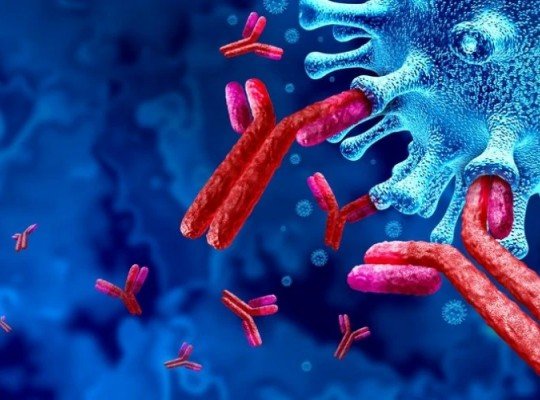
PRIMARY ANTIBODIES
What Is A Primary Antibody?
Primary antibodies are immunoglobulins that can only be bound to a specific targeted antigen . The quality of a primary antibody is usually defined by its affinity and specificity. Affinity is the strength to which it forms the non-covalent bond with the antigen of interests, while specificity is the amount of binding it has with antigens other than its intended antigen, the higher the binding to unintended antigens, the worse the specificity. A good primary antibody can be used to detect, purify and quantitatively measure the antigen of interests.
In biochemistry, cell biology, and histology and various other academic as well as clinical/IVD areas, scientists have long been utilizing antibodies’ unique ability to detect (in other words, bind to) pathogens and immunogens. By attaching a signal generating molecule to the antibody, once the antibody binds to the antigen, we can then measure, either in a visual or quantitative fashion, the existence of the antigen.
